The world is making progress in the fight against climate change, but not fast enough or strong enough to avoid a dangerous scenario exceeding 1.5°C — a warning recently issued by the Executive Secretary of the United Nations Framework Convention on Climate Change (UNFCCC), Simon Stielll.
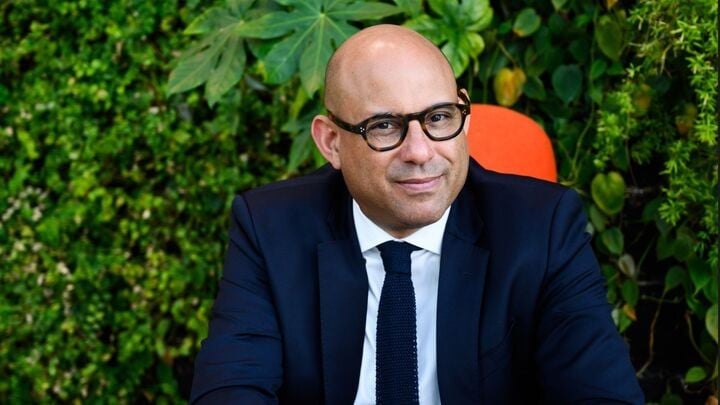
In a report released ahead of New York Climate Week and the United Nations Climate Summit, the agency stated that most current national carbon emission reduction plans are still not aligned with the goal of keeping global temperatures from rising more than 1.5°C above pre-industrial levels.
Mr. Stiell stated frankly: “ Some countries have acted strongly enough. But most haven’t. And if we continue at this rate, the world will miss its only opportunity to limit climate change to a safe level .”
Nevertheless, Stiell still believes that the COP30 summit in Belém, Brazil, where the international community will have to submit new NDCs demonstrating deeper emissions reductions, can be successful if it identifies shortcomings and promotes investment in green economic transition.
He pointed out that global private sector investments last year in clean energy and low-carbon industries exceeded $2 trillion, far exceeding the approximately $1 trillion poured into fossil fuels.
Some progress has been made, but there is still a long way to go.
The UNFCCC report notes that progress has been made since the COP29 conference held in Baku, Azerbaijan last year. This includes many countries stepping up the deployment of renewable energy, improving energy efficiency, and implementing climate finance policies.
However, analyses show that the vast majority of national climate plans — also known as Nationally Determined Contributions (NDCs) — remain unambitious, with some countries failing to submit even updated versions. This means the world remains on the wrong track to achieve the Paris Peace Accords.
For example, China has made remarkable strides in the green economy — renewable energy now produces about a quarter of its electricity, electric vehicles account for about 50% of the new car market, and exports of “low-carbon” products generated $177 billion in recent years. However, its upcoming NDC is projected to be significantly lower than its potential.
For the European Union, there are internal tensions among members, affected by increasingly clear opposition from the populist right. The EU has yet to finalize its NDC, and is unlikely to meet the deadline, but ministers recently issued a “statement of intent” outlining emissions cuts of 66.25% to 72.5% by 2035 compared to 1990 levels. This is significantly lower than the expectations of environmental activists, who believed the figure could reach 79% or higher.
Stientje van Veldhoven, Europe director of the World Resources Institute, warned that large gaps in commitment levels could send conflicting messages, erode investor confidence, and impact jobs, energy security, and competitiveness.
Australia recently announced its Nationally Determined Contribution (NDC) to cut emissions by 62-70% by 2035, compared to 1990 levels; however, analysts believe this is still low compared to the approximately 75% needed to meet the 1.5°C global warming target. Furthermore, Australia's refusal to completely phase out fossil fuels has drawn strong reactions from environmental groups. The country is also currently competing with Türkiye to host COP31 next year.
The UNFCCC Executive Secretary affirmed that the responsibility for action rests not only with governments but also extends to businesses, cities, and communities. He called for comprehensive cooperation: “ No one can stand aside. Every country, every business, every community must contribute to this common effort .”
Source: https://baolangson.vn/muc-tieu-han-che-nhiet-do-trai-dat-tang-qua-1-5-c-kho-dat-duoc-5059861.html












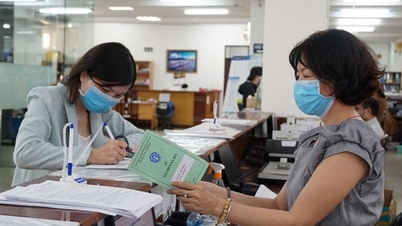











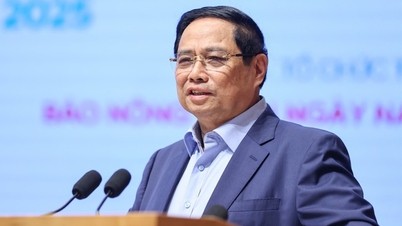

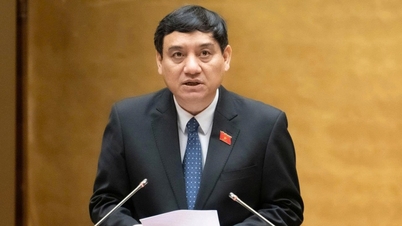
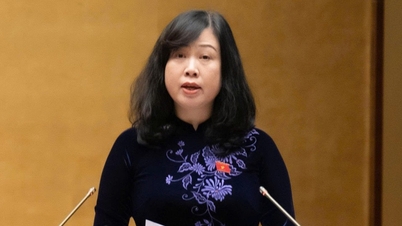






![[Video] The craft of making Dong Ho folk paintings has been inscribed by UNESCO on the List of Crafts in Need of Urgent Safeguarding.](https://vphoto.vietnam.vn/thumb/402x226/vietnam/resource/IMAGE/2025/12/10/1765350246533_tranh-dong-ho-734-jpg.webp)




































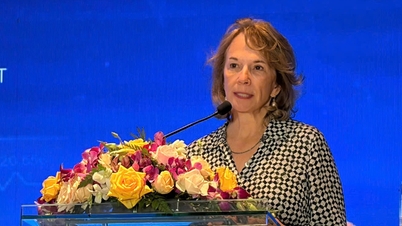
































Comment (0)